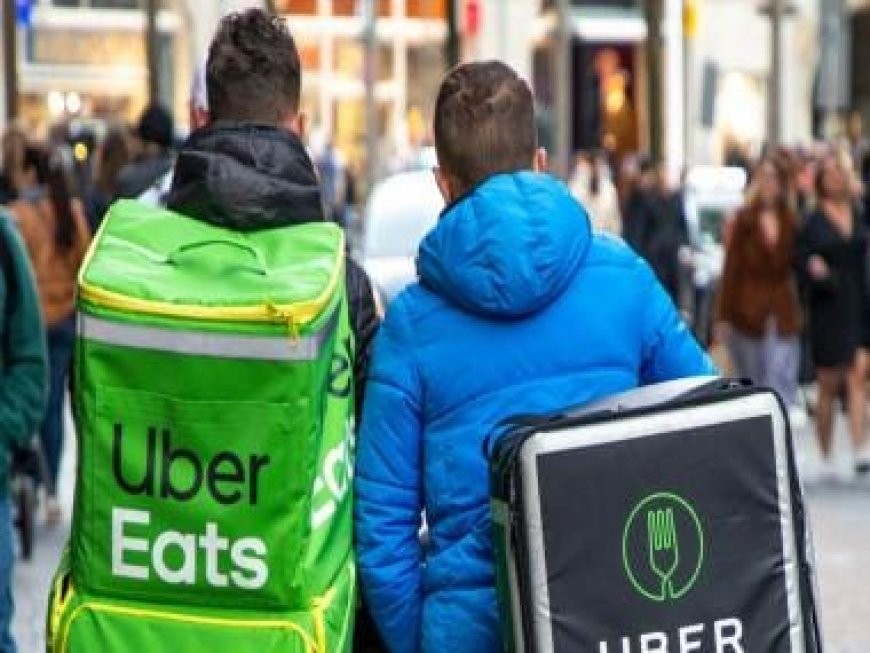EU may force delivery aggregators, others, to treat gig workers as full-time employees
EU may force delivery aggregators, others, to treat gig workers as full-time employees

European Union may have reached a provisional agreement that could potentially reclassify millions of individuals engaged in ride-hailing and food-delivery services as regular, full-time employees, a move that could have significant financial implications for the industry, as per a Bloomberg report.
The deal, which awaits final approval, sets out conditions that, if met, would grant full employee status to approximately 5.5 million workers associated with digital platforms.
The EU’s proposed conditions include factors such as platforms setting pay limits, monitoring performance, controlling task distribution and working hours, and implementing rules regarding staff appearance and conduct. These criteria aim to differentiate between true employees and those considered self-employed within the gig economy.
The controversy surrounding the employment status of delivery couriers and drivers using apps, including those from industry giants like Uber Technologies Inc. and Deliveroo Plc, has been a global concern.
While these platforms assert that they provide workers with flexibility and the autonomy of self-employment, critics argue that they fail to offer adequate protections. Some EU member states, such as France and Spain, have taken unilateral action to enhance worker protections, bypassing a regional agreement
If approved, the EU’s deal would grant eligible individuals rights typically associated with employee status, such as a minimum wage, paid leave, and unemployment benefits. The agreement also mandates transparency by requiring platforms to inform workers when they are being monitored or managed by algorithms.
It restricts the processing of certain types of personal data, including private conversations and information related to race, political opinions, migration, or health status.
Elisabetta Gualmini, the lead author in the legislation, hailed the agreement as “revolutionary” and the first legislative framework for digital platform workers. She emphasized the enhancement of rights for some of the world’s least protected workers and the promotion of fair competition for platforms.
However, Bloomberg reported that industry representatives, including the Move EU trade group representing Bolt, Uber, and Free Now, expressed deep concerns. They argued that the deal would create legal uncertainty for hundreds of thousands of drivers across the EU and called on member states to oppose the political agreement.
Uber voiced support for efforts to improve working conditions but sought legal clarity. Wolt Enterprises, a Finnish food delivery app, emphasized the importance of workers retaining the freedom to decide when and how to work while ensuring fair pay and social protections.
The proposed rules were initially put forth by the European Commission in 2021 to provide gig workers with stronger employment-related protections. The commission estimated that, based on the number of eligible workers at the time, the industry would face an additional 4.5 billion Euros ($4.9 billion) euros annually.
Despite potential benefits for workers, there are concerns that stricter employment rules could lead delivery platforms to scale back operations.
As Bloomberg reported, a similar law enacted two years ago prompted Deliveroo to exit the Spanish market, and other food-delivery apps reduced their operations. The provisional agreement, reached on Wednesday, requires endorsement and adoption by the Council of the EU and parliament, with member states having two years to incorporate the rules once approved.
(With inputs from agencies)
What's Your Reaction?



























































